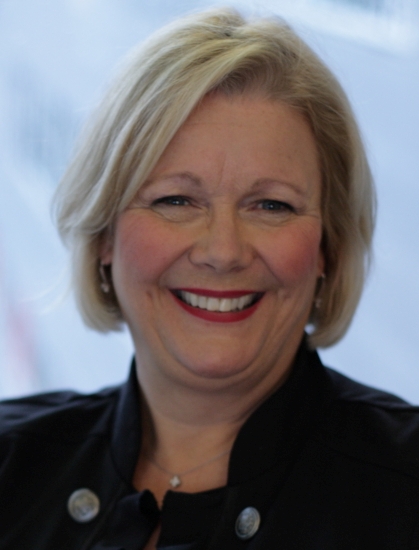- Home
- About Us
- The Team / Contact Us
- Books and Resources
- Privacy Policy
- Nonprofit Employer of Choice Award

A career in major gifts can be rewarding, exciting, satisfying but it can also be challenging and frustrating. Do you have what it takes?
Depending on the sophistication of the development program, you may have to work your way up to being a major gifts officer. Maturity is a huge factor. In some development offices, MGOs work one-on-one with high-level volunteers, prospects and donors who expect to deal with someone who has a lot of experience.
How to get started
What is your role?
The MGO role can be a combination of many things including writer, researcher, stewardship event organizer, strategist and fundraiser. Many times, an MGO’s role is facilitation: providing strategy, insight and research to volunteers and senior leaders in the organization. It is important to figure out who is the right person to make the ask at the right time with the right prospect. You must be comfortable making cold calls, visiting donors and, when appropriate, making the ask.
MGO’s are great listeners, have superior relationship-building skills and put the donors’ interests first.
But above all, the MGO’s role is to raise money. To do that you must engage in steady activities.
Activity = success
Jerold Panas from the Institute of Charitable Giving has set performance goals for major gift and planned giving officers. I have referred to these goals for many years, and certainly the majority of my success has been because of a high level of appropriate activity.
The majority of your time should be spent on cultivating and soliciting or facilitating solicitation of prospects, but conducting discovery meetings and stewarding your current donors are also extremely important. A typical week for a major gift officer starts and ends in the office. Monday and Friday are for making phone calls, setting up meetings, updating the donor database and meeting with colleagues. Tuesday, Wednesday and Thursday are for prospect, donor and stewardship visits and conducting tours of your facility.
If you are in the office for days at a time and not securing meetings, in most cases you will not meet your financial goals.
Being the best
Being a major gifts officer is an incredibly rewarding career. Surround yourself with your personal “board of directors” that will assist in guiding you on your professional journey. Find a mentor who is a seasoned fundraiser, and make connections with others through AFP, AHP and other professional organizations. Most importantly, be the CEO of your job. Be the best and brightest, and demonstrate that you have what it takes to work in the field of major gifts.
Janet Turner is director of major gifts and campaigns at Holland Bloorview Kids Rehabilitation Hospital Foundation. For more information, contact her at jturner@hollandbloorview.ca.